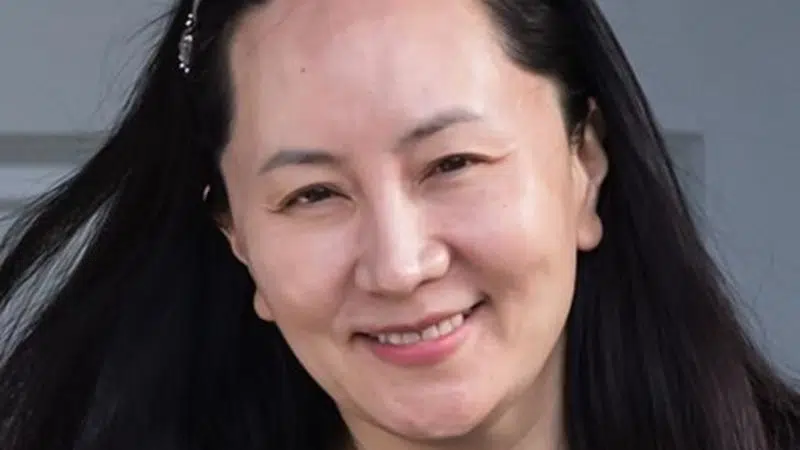
Arrested Huawei executive Meng Wanzhou to seek stay of extradition proceedings
VANCOUVER — The defence team for Huawei executive Meng Wanzhou says it plans to argue that she shouldn’t be extradited to the United States because she hasn’t violated sanctions under Canadian laws and her arrest at Vancouver’s airport was unlawful.
The defence summarized arguments it plans to pursue during a hearing Wednesday at B.C. Supreme Court where key court dates were to be set for the extradition case, which has not yet begun.
Her lawyers allege Meng was the victim of two “abuses of power,” first by Canadian arresting authorities and then by U.S. President Donald Trump, and they plan to make an argument based on “double criminality,” related to different sanction and fraud laws in the United States and Canada.

